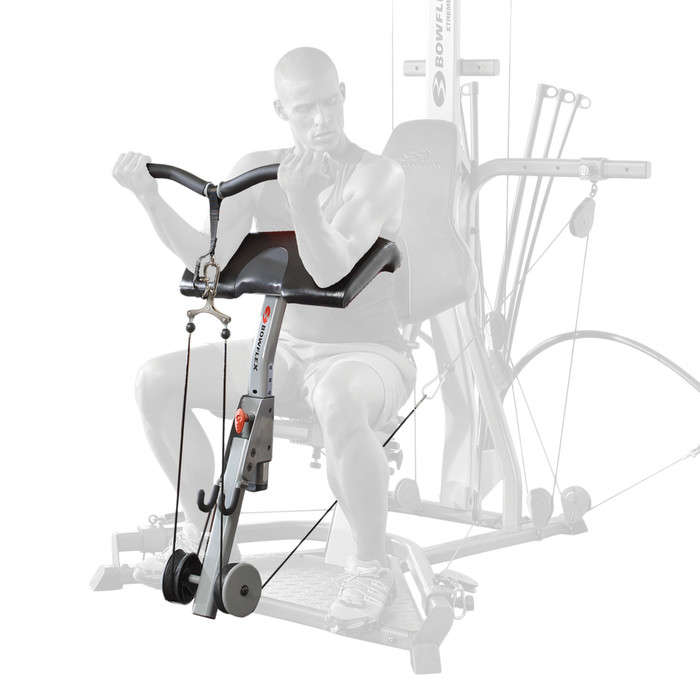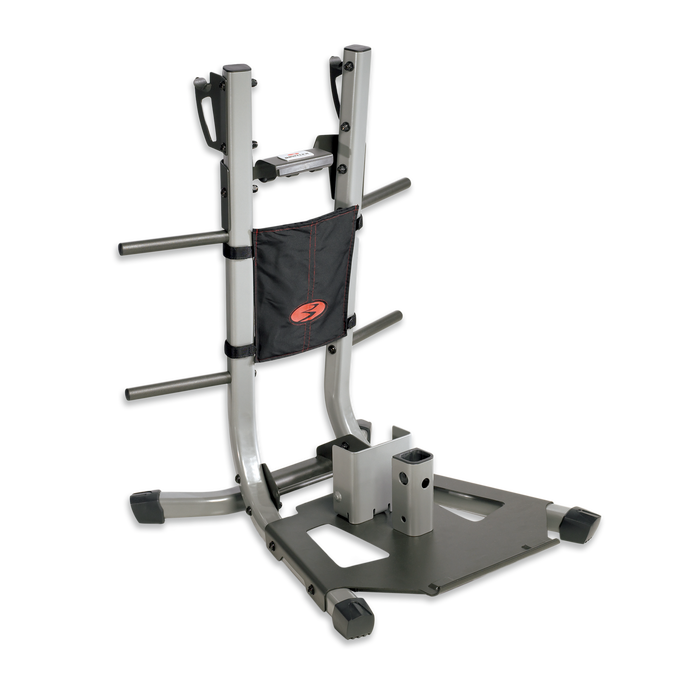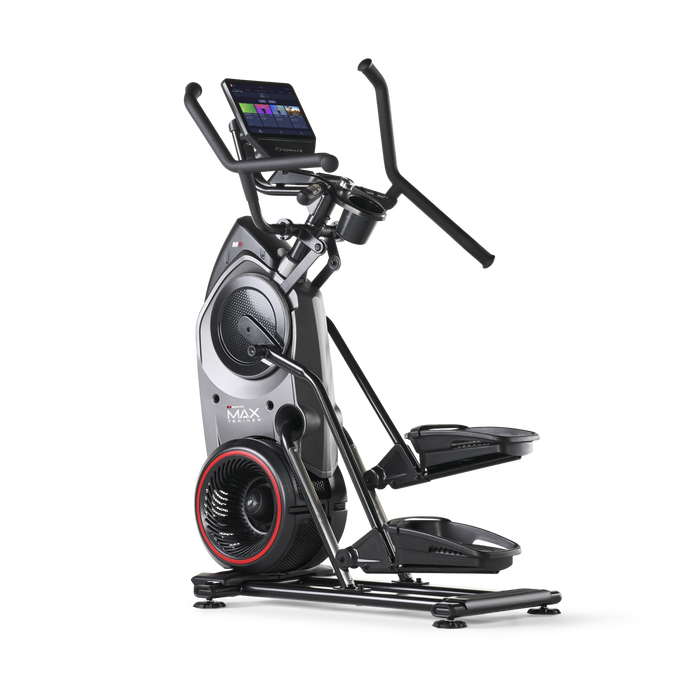3 Tips to Running Injury-free

Love it or hate it, running is simply one of the greatest forms of exercise out there. It is inexpensive, you can do it almost anywhere, and it burns a significant amount of calories. Unfortunately, many people are unable to participate in this incredible form of exercise due to musculoskeletal pain of some kind. As an exercise physiologist and coach, I hear it almost daily – "I can't run because of bad …"
Fill in the blank. It's usually "bad knees" or "bad hips." Oftentimes it's shin-splints or low-back pain. The bottom line is that, when they run, something hurts. So they don't run.
The good news is that the vast majority of the time these issues can all be fixed. The pain is quite often the result of a muscle weakness or imbalance and training errors. Address these issues and you too will be able to run injury-free and enjoy the amazing benefits of this type of exercise for many years to come.
Here are three simple tips to running injury-free for life:
- STRENGTH TRAIN: Running is one of the greatest "tests" of what our weaknesses are. "Bad knees," one of the most common reasons people give for being unable to run, are commonly due to weak quadriceps muscles. When these muscles are weak the kneecap tracks irregularly, causing pain. A simple 20-minute full body strength-training program performed several times per week is all you need to fix your personal weak links and make your body bulletproof, for running and for life.
- CROSS-TRAIN: Anything done exclusively will eventually lead to problems, no matter how healthy it is for you. This includes running. By engaging in complementary forms of exercise such as biking, swimming and using the elliptical machine, you will provide your body with new stimuli that will protect against injury while increasing your fitness level at the same time.
- FOCUS ON QUALITY OVER QUANTITY: Runners often become injured because they do too much too soon, as well as fail to change up their workouts. The key is to start slowly and build your base strength over time. Then be sure to vary your routine, running different distances, different paces and different types of terrain. This will not only help prevent physical injury, but mental burnout as well.
When I was a teenager, I spent the majority of my sports career sitting on the bench, injured as a result of improper training, unable to run. Now, 30 years later, I have run dozens of marathons including 50-mile ultras, finished 21 Ironman races and am injury-free, all because I do the above on a consistent basis.
The benefits of running are too numerous to list, both physical as well as mental. Take advantage of them by eliminating your weak links and exercising intelligently so that you too can run anytime, anywhere, for the rest of your life!




























